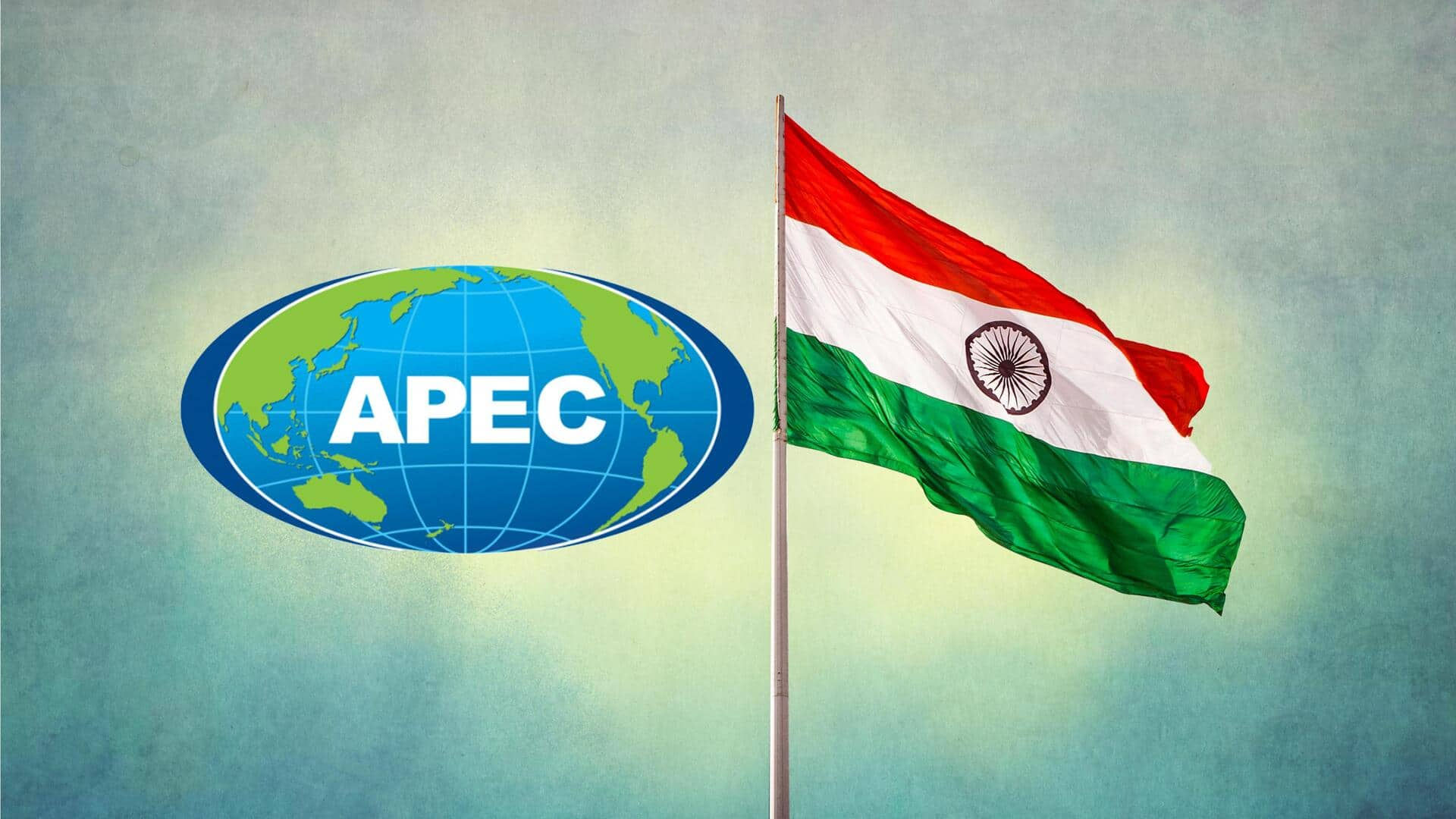
Why India's APEC membership bid was rejected
What's the story
The Asia-Pacific Economic Cooperation (APEC) Summit in San Francisco has drawn attention as US President Joe Biden and Chinese President Xi Jinping met on its sidelines. India's Union Minister for Commerce and Industry, Piyush Goyal, is attending the meeting as an observer since India is not part of the bloc. Formed in 1989, the APEC has grown to 21 members but has kept the doors closed for India, citing "protectionist instincts" despite a majority of its members favoring India.
Details
What is APEC?
APEC serves as a regional economic forum aimed at fostering trade, investment, and economic growth within the Asia-Pacific region. It represents approximately 62% of the world's GDP and nearly half of global trade. Decisions within APEC are made through non-binding commitments and voluntary consensus. Analysts believe that APEC membership has the potential to boost India's exports, draw foreign direct investment (FDI), and bolster domestic initiatives like "Make in India," apart from facilitating technology transfer in crucial sectors.
Membership
Which countries are APEC members?
Proposed by Australia, APEC was initially formed with 11 other countries—Brunei, Canada, Indonesia, Japan, Korea, Malaysia, New Zealand, the Philippines, Singapore, Thailand, and the US. China, Hong Kong, and Taiwan joined in 1991; Mexico and Papua New Guinea in 1993; Chile in 1994; and Peru, Russia, and Vietnam in 1998. India's membership bid was rejected by APEC in 1991, the same year its economy was liberalized, calling its record of economic reforms and World Trade Organization (WTO) engagement unsatisfactory.
Statements
India's membership bid gained impetus after 2012
After a freeze on membership from 1997 to 2012, there has been a renewed push for India's inclusion into the APEC. The US welcomed India's APEC membership attempt, calling it "a dynamic part of the Asian economy," as per the US-India Joint Strategic Vision for the Asia-Pacific and Indian Ocean Region in 2015. However, Australia's former Prime Minister Kevin Rudd said in 2016 that the US was concerned that India becoming a full member "might slow down the APEC process."
Protectionism
US wants India to proactively liberalize economy: Former Australian PM
Rudd disagreed with the view that India would slow down the APEC process and said such pre-conditions were not applied to other countries seeking membership, adding that India's membership is overdue by 25 years. He said the US wants to see "a more activist Indian position on regional and global trade liberalization." Protectionism refers to a country's policy of protecting its domestic industries from foreign competition by taxing imports, whereas the APEC primarily advocates free trade by minimizing tariffs.
Facts
Goyal attended Indo-Pacific Economic Framework (IPEF) ministerial meeting
Union Minister Piyush Goyal attended a welcome reception hosted by President Biden and First Lady Jill Biden for APEC leaders and guest economies like India. Goyal also took part in the Indo-Pacific Economic Framework (IPEF) ministerial meeting, which comprises 12 APEC members, as well as India and Fiji. The Manohar Parrikar Institute for Defence Studies and Analyses stated that besides India's economic outlook, India's extra-regional status also impedes India's attempt to join the APEC.